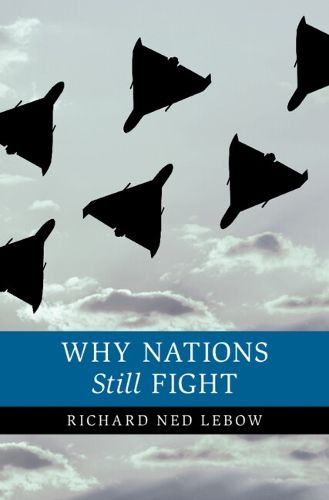Readings Newsletter
Become a Readings Member to make your shopping experience even easier.
Sign in or sign up for free!
You’re not far away from qualifying for FREE standard shipping within Australia
You’ve qualified for FREE standard shipping within Australia
The cart is loading…






Drawing on an original data set of interventions and wars from 1945 to the current day, as well as numerous short case studies, Richard Ned Lebow offers a novel account of their origins and outcomes - one that emphasises miscalculation, failure to conduct meaningful risk assessments, and cultural and political arrogance. In a successive work to Why Nations Fight (2010), he explains why initiators routinely lose militarily and politically when they resort to force, as well as accounting for why the great powers, in particular, have not learned from their failures. Lebow offers both type- and region-specific forecasts for the future likelihood of interventions and wars. His account reveals the inapplicability of theories nested in the realist and rationalist paradigms to the study of war. He argues what is needed instead is an "irrationalist" theory, and he takes the initial steps in this direction.
$9.00 standard shipping within Australia
FREE standard shipping within Australia for orders over $100.00
Express & International shipping calculated at checkout
Drawing on an original data set of interventions and wars from 1945 to the current day, as well as numerous short case studies, Richard Ned Lebow offers a novel account of their origins and outcomes - one that emphasises miscalculation, failure to conduct meaningful risk assessments, and cultural and political arrogance. In a successive work to Why Nations Fight (2010), he explains why initiators routinely lose militarily and politically when they resort to force, as well as accounting for why the great powers, in particular, have not learned from their failures. Lebow offers both type- and region-specific forecasts for the future likelihood of interventions and wars. His account reveals the inapplicability of theories nested in the realist and rationalist paradigms to the study of war. He argues what is needed instead is an "irrationalist" theory, and he takes the initial steps in this direction.